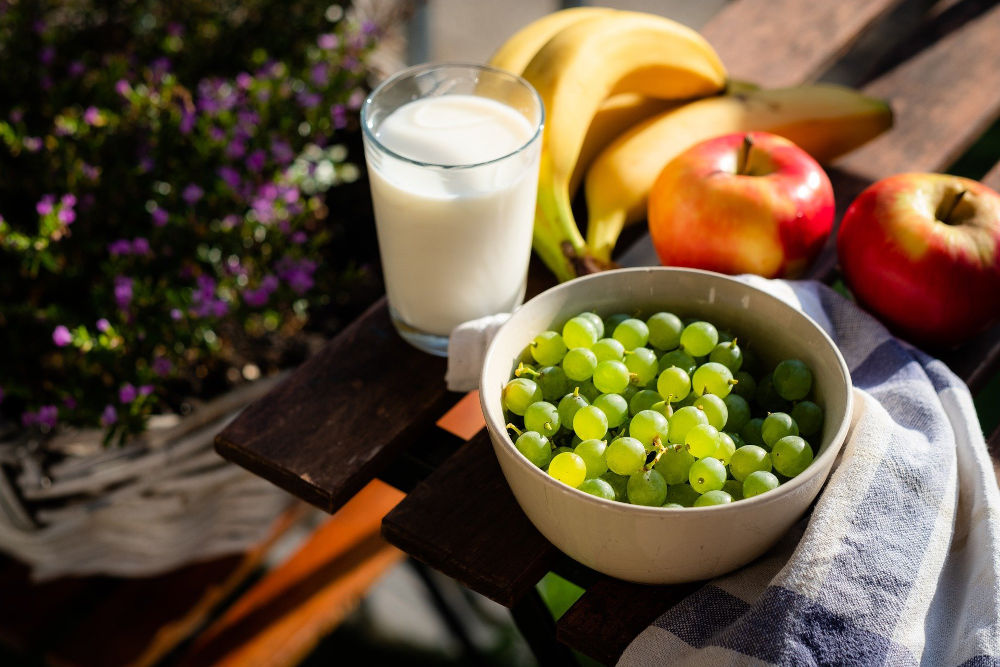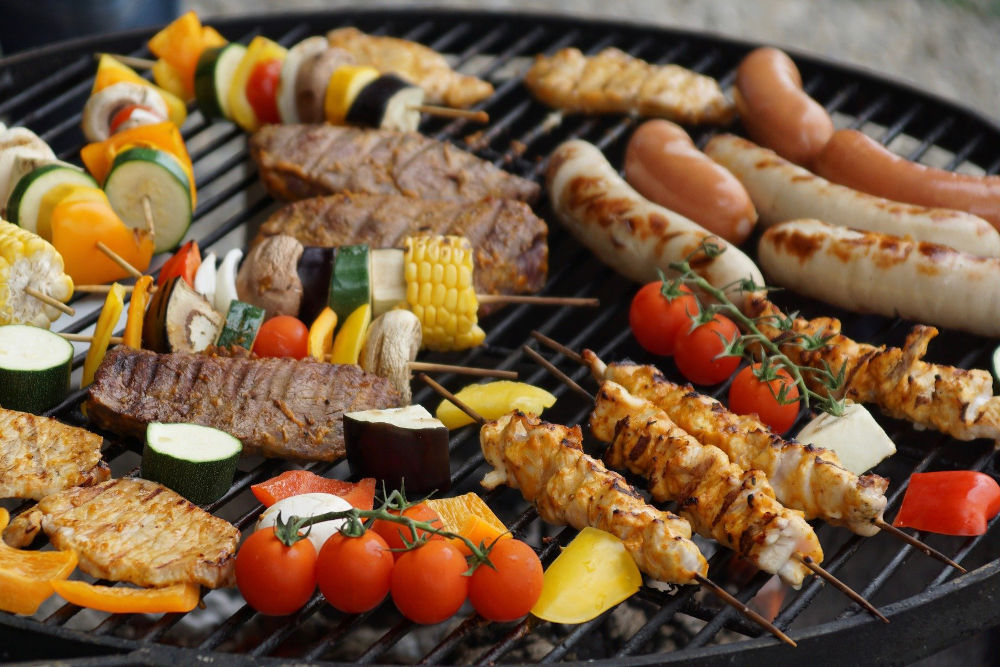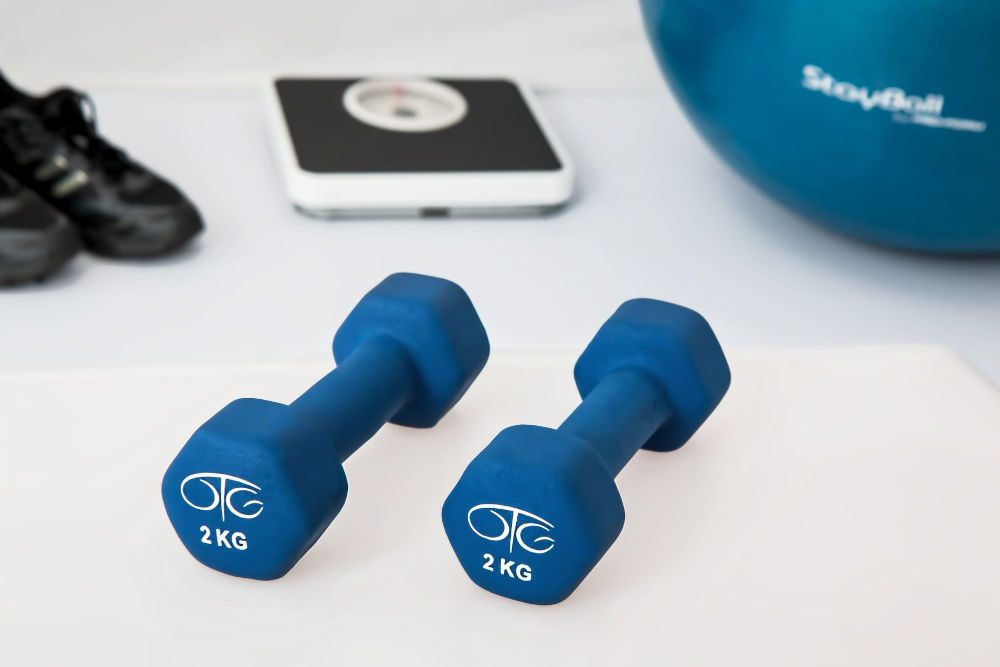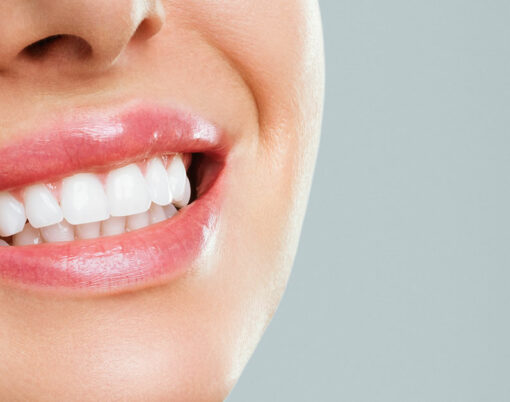Whether you’re an occasional athlete or a seasoned pro, a carefully designed diet is essential when it comes to strength, endurance and stamina. The right foods, eaten at the right times, are important for sustained energy release and to help you recover quickly after an intense session of activity – yet many allow this vital consideration to fall by the wayside as busy lifestyles and high-pressure environments get in the way.
As an athlete, it is easy to write off the detrimental impact of indulgent meals and high calorie processed treats by convincing yourself that you will burn off the extra calories because you’re active, but the effects of the foods we consume go far beyond excess energy intake alone. High fat and high sugar foods are fine in moderation, but make them too much of a regular inclusion in your diet and your visible physique might not be the only thing to suffer.
On the other hand, failing to fuel your body sufficiently for intense activity can be just as detrimental to your overall health and can have an adverse affect on your performance as well as your wellbeing.
Your footwear and equipment are both crucial considerations when it comes to maximising your potential as an athlete, but without the basic foundations of a good diet, your efforts elsewhere could be futile. Here, we take a look at the potential pitfalls of a poor diet when training – and the reasons you should consider up-levelling yours today.
Suppression of your immunity

When training, your body produces stress hormones – the short-term effects of which include triggering growth and the release of energy stores, including body fat. If these hormone levels remain high, however, then your immunity will eventually become impaired, leaving you more susceptible to viruses and bacterial illnesses.
This happens most commonly when carbohydrate levels are depleted, and particularly those who are following more extreme diet regimes such as the keto diet. Low levels of carbohydrates in the system can quickly lead to low blood sugar as the glycols in your liver are used up, and could make you feel sleepy, dizzy or nauseous – none of which are ideal when training or competing. For athletes in particular, eating enough carbohydrates is essential, since this is the body’s preferred means of fuel, and as well as boosting your performance, will improve your recovery time after exertion.
A balanced diet ensures that your body’s carbohydrate demands are met, depending on your training levels. Avoiding overconsumption of certain carbs, such as processed foods, will also keep your immunity at an optimum – so opt for wholegrains such as brown rice, and complex carbs such as sweet potato, over doughnuts and crisps to maintain optimal health.
Displaying poor performance

Poor performance is a legitimate concern where optimal nutrition isn’t given the attention it requires. When you are competing or training, your body requires substantial amounts of energy to keep it fuelled, which it takes from the fats, proteins, and carbohydrates in your body’s cells. While carbohydrates are – as we mentioned – the body’s preferred source, all macronutrients have an important role to play, so if you fail to include the correct amounts of them in your diet then your performance levels will be compromised.
According to leading fitness studio Energy for Life, adequate carbohydrate consumption isn’t just required to sustain you during cardiovascular activities such as running and cycling, but during strength training, too. During intensive sessions, your body will then break down the proteins in your body reserves to keep you going once, so it’s important to replace both after a session – ideally within half an hour.
Unintended weight changes

In some cases, increasing or decreasing your weight might be one of the goals of your training regime – whether you’re aiming to lose fat, build muscle, or both. However, when your nutrition isn’t up to scratch, you might experience dramatic weight loss or gain, which if unintentional, could prove dangerous for your health. If you are training continuously and are not consuming your macronutrients in the correct ratios, then you might lose muscle mass – which will ultimately lead to a slower metabolism and can make it more difficult to lose weight in the future.
It’s also possible to gain unwanted fat despite following a rigorous training regime if you’re not keeping an eye on what you’re eating – so keep an eye on your calories and opt for whole foods as much as possible to keep things in check.
Compromises your blood flow

Your body requires far more iron than you might think in order to maintain optimal bodily functions. Although it takes a minor role compared to fats, proteins, and carbs, it is vital for efficient circulation, as when your iron levels are sub-par, your body can no longer pump blood around in the way it is supposed to. Not only that, but low iron levels in the body can lead to iron deficiency anaemia, which can result in fatigue, headaches and weakness – which can have a negative impact on your training regime and often requires medical treatment.
The solution? Be sure to include plenty of iron-rich foods in your diet, including red meat, dark green leafy vegetables and fortified cereals. Your body needs iron, Vitamin B12, and folate to make red blood cells, so if you’re worried you might be deficient, it’s wise to get a blood test. If necessary, you can supplement to keep these at optimal levels – which can be helpful for those on a vegetarian or vegan diet.
Longer recovery periods

Failure to nourish your body correctly won’t just tell in your performance, but in your recovery time, too. If you’re a little too familiar with ‘DOMS’ – those nasty aches that can sometimes come after a strenuous resistance workout – then you might need to make a few tweaks to your meals in order to help your body overcome them more quickly.
Although a good stretching session before and after your workouts undoubtedly have their merits, if you’re finding they’re not quite cutting it then there is likely something else going on. Protein is essential post-session for muscle repairs, and carbohydrates will help to refuel your body and replenish energy levels.
Try drinking a protein shake made with a whole banana after you’re finished – with an additional portion of carbohydrates following a particularly intense session.
You’ll still need to include other vital nutrients in your diet to ensure optimal recovery time, too – including calcium, vitamin D, and zinc. Vitamin C is also vital for more collagen production to ensure good joint and bone health, so be sure to load up on plenty of fresh fruit and vegetables to get your daily dose.
Affects muscle growth

Many fitness enthusiasts and athletes aim to lose body fat and gain muscle with their regimes – but if your diet is not balanced, you can only achieve one of the two at a time, and not both simultaneously. For instance, it is possible to lose body fat when you burn more calories than you take in – but if you’re not consuming enough amino acids, which are found in protein sources such as lean chicken breast, eggs and fish, then it will be impossible for your body to build and repair muscles efficiently.
Snacks and junk foods are usually heavy on carbohydrates and fat while being very low in proteins, so if you’re eating these types of food frequently without loading up on quality protein sources then you won’t see the muscle growth you desire. To help maintain balance, be sure to add a protein source to each of your meals, as this will help you to achieve the body composition you are looking for.






















